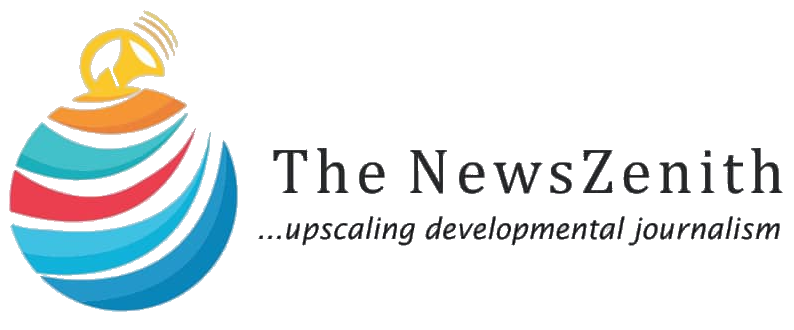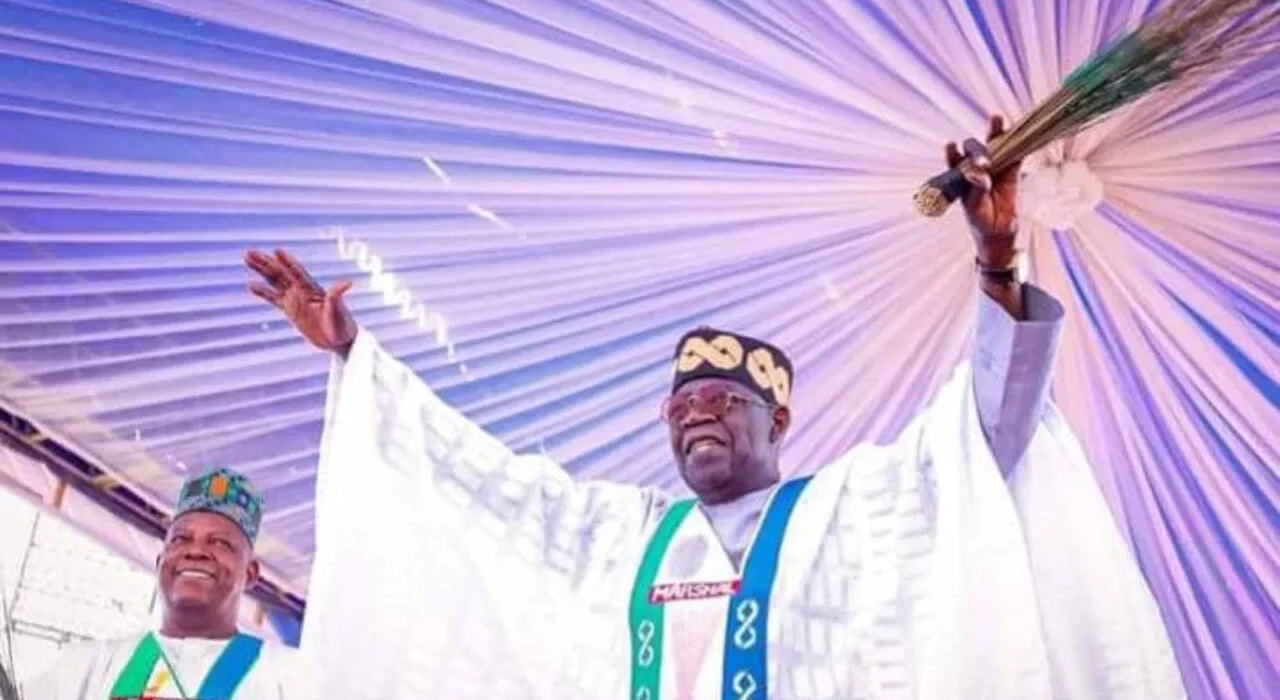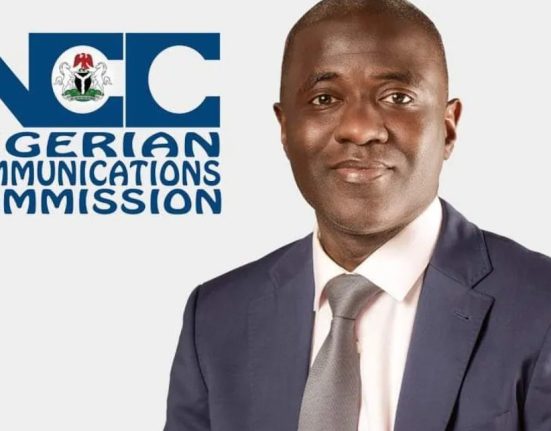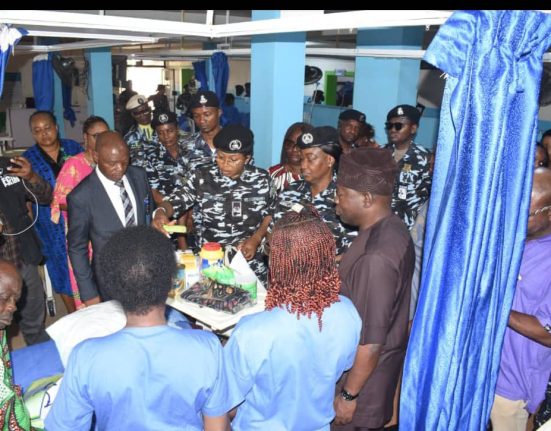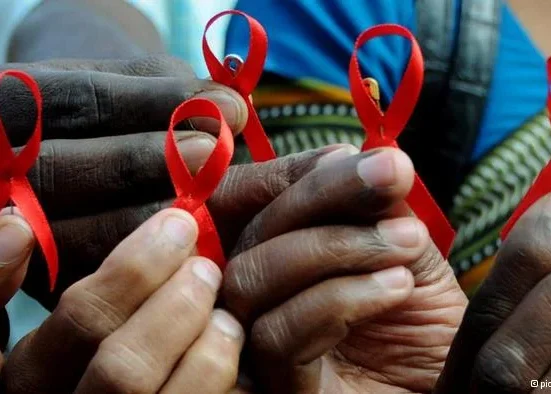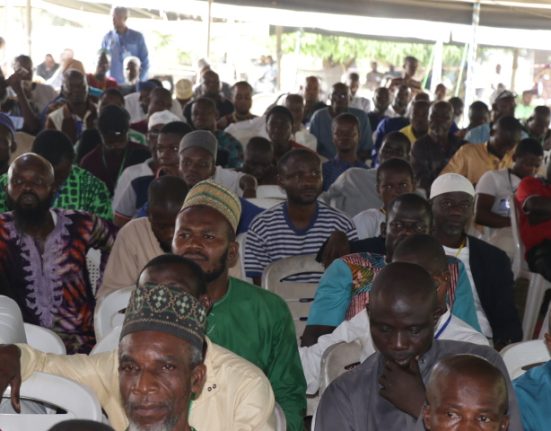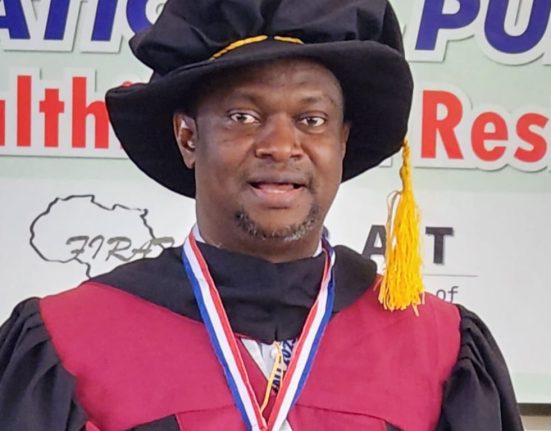By Abdulwarees Solanke
As a former staff of the defunct National Concord, the influential newspaper published by the Late MKO Abiola between 1980 and 2000, I know quite a number of media professionals close to the new Nigerian president, Asiwaju Bola Ahmed Tinubu, especially since the mid-1990s.
From National Concord, he picked two of my bosses (editors) to serve as Commissioners in his cabinet in 1999 when he became elected governor of Lagos at the dawn of this fourth republic.
Dele Alake, as Commissioner for Information and Strategy is one. Cerebral Tunji Bello with degrees in political science, Law and International Law & Diplomacy and has been in active Journalism for almost the past four decades is another one. He is the one who practically adopted me from 1990 as a promising political essayist, eventually accommodating me on the Political Desk of the newspaper in 1992.
Another of the media close to Mr President is Pastor Segun Babatope, the man we fondly call The Headmaster. Babatope as Editorial Board Chairman of Concord Papers is reputed for magisterial and sermonising outlook, usually the persuasive speaker at crisis moments in the house.
The others are Mr Victor Ifijeh who’s been heading The Nation newspaper as MD for close to two decades and the man we call Sparkling Sam as well as Mr Capacity whom we fondly call Louis Odion. Last of this lot then is Ogbeni Rauf Aregbesola, my Alimosho neighbour a co-members of the Muslim Community Forum since 1993.
His relationship with President Bola Ahmed Tinubu predates 1999 to the extent that he was entrusted with the task of coordinating “BATCO” when he first took a shot at the governorship of Lagos and won convincingly.
From my interaction with these men of Mr President in the last three decades, I get an impression that President Tinubu, whose inauguration at Eagles Square, Abuja, I was privileged to witness physically, is an epitome of leadership virtues.
I discovered from them that Mr President is one who believes in the force of logic, a rational politician who does not discount any idea as he wants all sides of any issue to be on the table.
From my association with these men of the president, I came to appreciate him as a respecter of brilliant minds, not minding the status of their owners. Therefore, I conclude that the expertise of President Tinubu is in leadership recruitment based on the charisma, character, vision, education and experience of anyone he headhunts.
Thus, I passionately believe that my thoughts or questions for him today will be personally digested by him and his aides, indeed anyone desirous of seeing Project “Together in Hope for A Stronger Nigeria”.
These questions are derived from my studies in political science and public policy and administration, decades of practice as a political and foreign affairs journalist and leader writer, and experience as a participant-observer of Nigerian public affairs in the past 45 years.
What is the future of democracy in Nigeria, Africa’s giant and the black man’s pride? Can democracy in its present practice in the country endure as we still grapple with the crises of nation-building?
In any case, these crises of nation-building are not peculiar to Nigeria as they feature in all complex polities desirous of resolving certain critical issues that impinge on their sustainability or continued existence, consensus building or political cohesion.
One such crisis relates to the system or structure of government to be adopted for orderly and good governance in the interest of the citizenry. Where the polity is diverse or heterogeneous in composition or where the goal is to ensure an effective government to manage the country’s diversity, the concern is on what policies and programmes should be pursued. This is to ensure the appeasement of the marginalised, or inclusion of political or numerical minorities.
That is, what affirmation policies do we put in place to accord such disadvantaged groups special status? How can we ensure that popular choice is indeed the choice of the people? The people’s preference leads to inclusive and effective government. How do we play consensus politics that will ultimately institute a political or decision-making process that assures good governance?
These questions border on the acceptable form or structure of government that meets the distinctiveness of the country. This is so in terms of history, culture and value systems. It also has to do with criteria for leadership selection or representation, power distribution, revenue mobilisation and allocation.
The assumption, however, is that a democratic system whose foundation is popular choice offers a good recipe to resolve these highlighted issues in achieving consensus on diversity management in the quest to construct a true nation.
In classical political and policy studies, choice, alternatives and decision-making are central themes essential for understanding the dynamics and workings of government. They are the kernels of appreciating or differentiating between government and governance.
While government is a system, governance is a process that underlines health and vitality of the governmental system or structure. These are in terms of how choices and decisions are made. Therefore, good governance is in a state, when it conduces to values and parameters that are objective, rational and inclusive.
Such values are deemed to exist in a democracy necessary for the achievement of cohesion and amity in the polity. , after all, the common or open definition of democracy as a system of government is that it is the government of the people by the people and for the people. Underlying this definition is that choice in democracy will be based on reason or rationality.
These values are subject to level of citizens’ political and social consciousness as well as their material development or fulfilment. That is in such countries, suffrage will be truly universal and citizens are ideally empowered to make informed choices, not depending on someone else’s judgement or influence to vote.
It also implies that the electorate is under no threat or fear; that the consequence of their choice is public or common good, not retribution or regret, denial or withdrawal of rights and privileges, as their choice is based on free conscience and conviction.
Abdulwarees is Deputy Director/Head, the Strategic Planning and Corporate Development Department, Voice of Nigeria.
Do you have a flair for Citizenship Journalism? Share story(ies) of happenings in your area with The NewsZenith on WhatsApp: 08033668669 or thenewszenith@gmail.com
